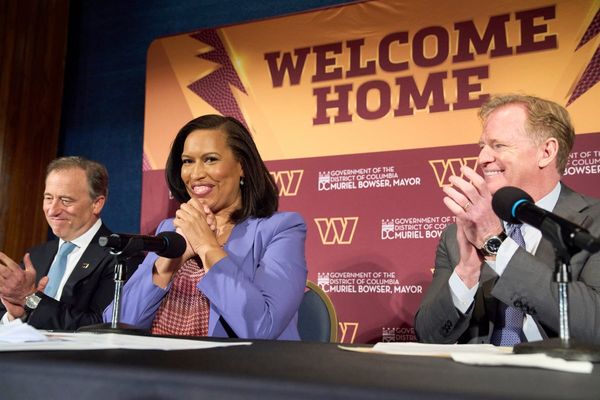
Anthony Albanese has said it would be “extraordinary” if Scott Morrison did not cooperate with an inquiry into his secret ministries, warning compulsory powers could be used if he refuses.
On Friday the prime minister announced the former high court justice Virginia Bell will head a snap inquiry into Morrison’s five secret appointments and report back by 25 November.
The inquiry will consider Morrison’s appointments from March 2020 to May 2021 to administer the departments of health, finance, industry, science, energy and resources, and home affairs, and the Treasury.
Albanese said it will consider “the implications arising from these appointments” for the functioning of government entities, accountability and public confidence in our system of government, and the processes for appointment, including public disclosure.
On Tuesday Albanese released the solicitor general’s advice finding Morrison’s additional ministry appointments were legal but “fundamentally undermined” responsible government.
Morrison has said he will “assist any genuine process to learn the lessons from the pandemic” that should include “actions of the states and territories” – an inquiry broader than the one launched.
Asked if Morrison could be compelled to give evidence, Albanese told reporters in Sydney the appointment of a former high court judge should “bring confidence from the Australian public that people will participate in the inquiry”.
Bell “will ask to speak to people who were involved or who had knowledge at the time”, he said.
“We chose not to go down the road of a royal commission. We think this gets the balance right,” the prime minister said.
“But I would find it extraordinary if anyone refused to talk to a former high court judge who is, I think, beyond reproach.”
Albanese said he did not think compulsion would be required but “if it [were] the case that Virginia Bell felt like she was not getting the cooperation that was required, then I’m certain that other measures could be considered”.
The terms of reference of the inquiry do not directly refer to the role of the governor general, who Albanese noted had acted on the advice of the former government.
The inquiry will be administered by the attorney general’s department, given the involvement of the department of prime minister and cabinet in advising on the appointments.
Asked if the inquiry would hold public hearings, Albanese said it would be up to Bell to decide, but noted she could invite submissions and seek permission for them to be public.
On Thursday the Liberal leader, Peter Dutton, said the government’s handling of Morrison’s actions had “clearly now turned political”.
Dutton told 2GB radio that Albanese clearly saw “political advantage” in an inquiry targeted at Morrison, citing the fact the actions of Labor premiers in the pandemic would not be in its terms of reference.
Dutton and allies of Morrison cite comments by the deputy prime minister, Richard Marles, that there should be “severe political consequences” for Morrison.
Albanese accused Dutton of “dismissing the significance of this”.
“No one can argue that this is a former minister or politician being appointed – this is someone far removed from politics, who is respected across the board,” he said of Bell.
The attorney general, Mark Dreyfus, noted that former prime ministers, including John Howard, had said they would not have done what Morrison did.
Both Albanese and Dreyfus noted the timing of the inquiry would allow changes requiring disclosure of ministerial appointments in the final sitting fortnight of parliament in 2022.
Earlier this week Morrison responded to the solicitor general’s advice by saying he “did not fulfil the function of an acting or co-minister” in any of the five portfolios, and was merely appointed to administer the departments.
Morrison again defended the arrangements as a “necessary” safeguard in “extraordinary circumstances” that were done with the “best of intentions”.







